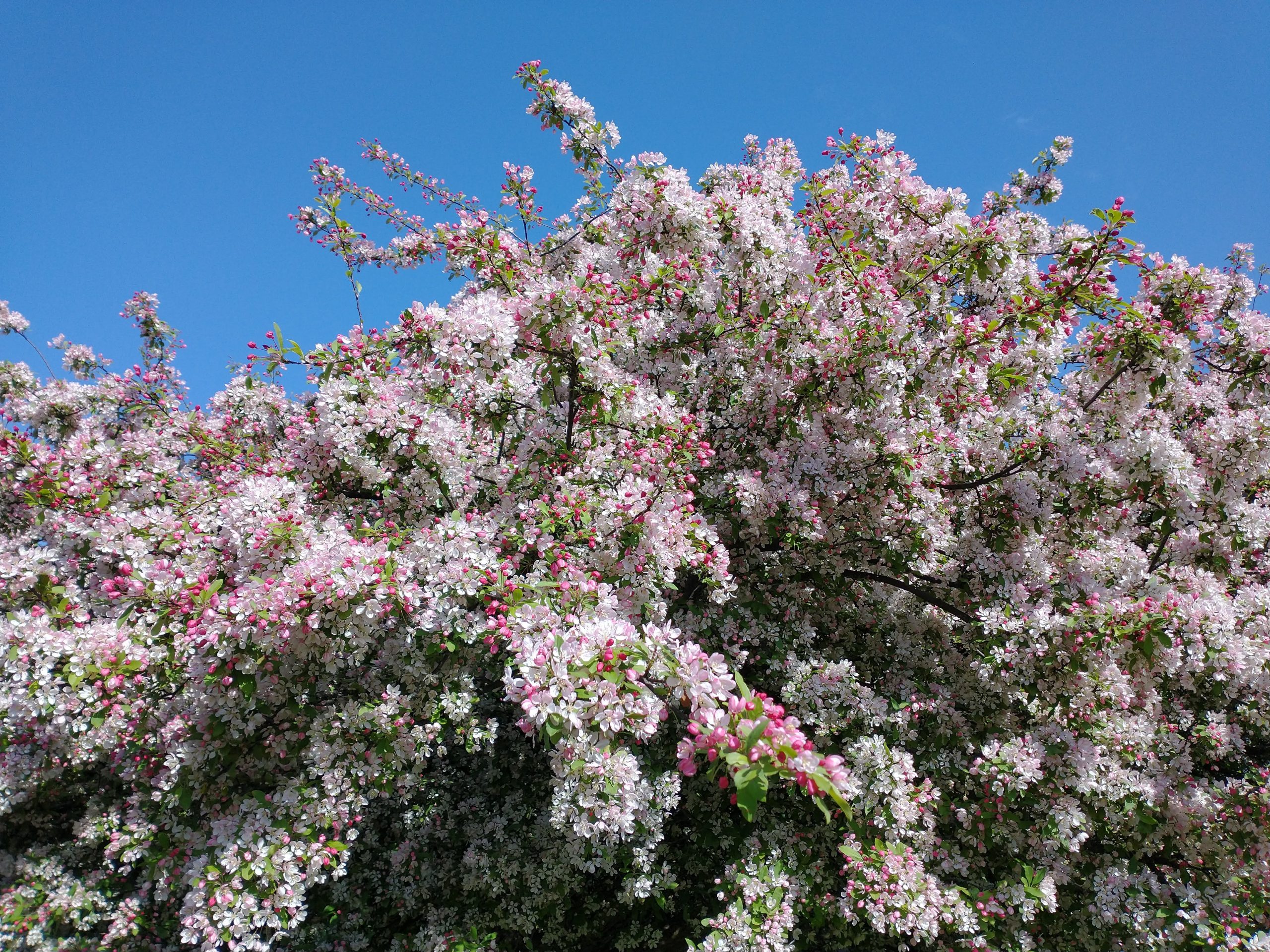 A couple of readers said they’d like to hear more about Radu Lupu. I only met him a few times and didn’t know him well, but I vividly remember the impression he made.
A couple of readers said they’d like to hear more about Radu Lupu. I only met him a few times and didn’t know him well, but I vividly remember the impression he made.
When I went for my lessons, I was probably focusing on trying to play each phrase as beautifully as I could. It sounds silly to put it into words, but you could imagine my concentration as a little light travelling along the notes as I played them, lighting up each note in a caring way. Radu Lupu had a different approach. He seemed to treat each phrase as a building-block in a larger design. Naturally he played each phrase well, but it was evident that he was ‘sitting back’ in his mind, operating a larger plan. He actually did sit back in reality as well, using an ordinary chair with a back, against which he leaned. He didn’t hunch over the keys possessively as so many pianists do. His body language seemed to signal his distance from minutiae.
Pianist Kirill Gerstein said of Lupu last week, “His was the most magical music-making I’ve ever heard live. He once told me: ‘I’m not really a pianist… but I know how to play phrases”.’
Of course he was really a pianist. But he possessed to an unusual degree the ability to rise above the physical challenges of piano-playing and be a an architect, or perhaps a kind of theatre director, sending phrases to the back or front of the stage as required by the unfolding drama.
Having won several big piano competitions in his youth, he abandoned flashy ‘competition repertoire’ and concentrated on Mozart, Beethoven, Schubert, Schumann. Not many pianists have the privilege of playing only their favourite works, but he was not prepared to compromise. Alas, it probably meant he played fewer concerts and made fewer recordings than we would have liked.
Meeting Lupu was probably my first close-up experience of a celebrated musician who clearly had a love-hate relationship with his profession. I could see that he loved music but had very mixed feelings about being a performer. When he spoke about his upcoming concerts it was clear from his dark expression that the prospect did not fill him with joy. That made a vivid impression on me too. At that point, I think I assumed that successful musicians were made happy by their success. But it was evidently not that simple. Having realised that, I found it even more touching that he played so warmly and lucidly.




Thank you for both of your posts about Radu Lupu. To hear him live was an extraordinary experience. It felt like being drawn into the mind of the composer.
Thank you! I would be telling a lie if I said that I found Lupu’s music-making, either in concerts or recordings, particularly moving. However, reading about your experience has been interesting and illuminating.